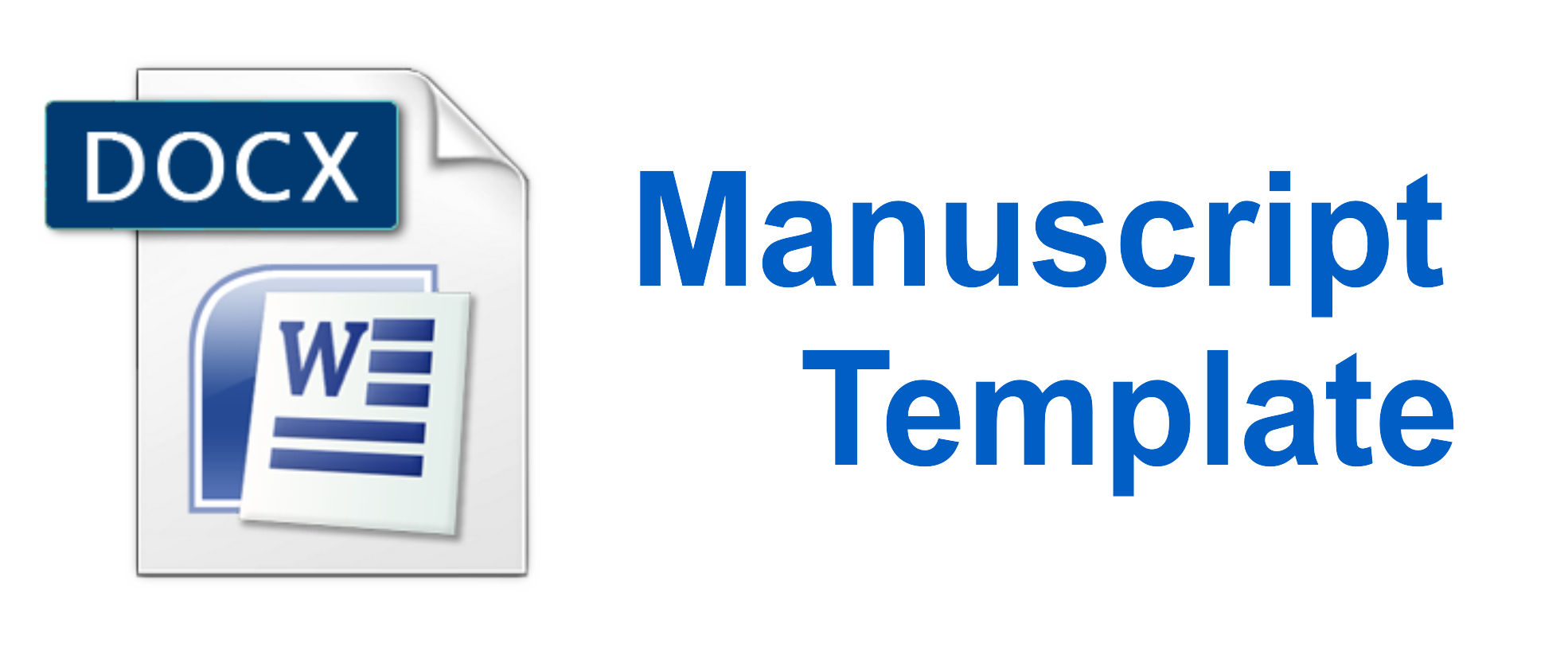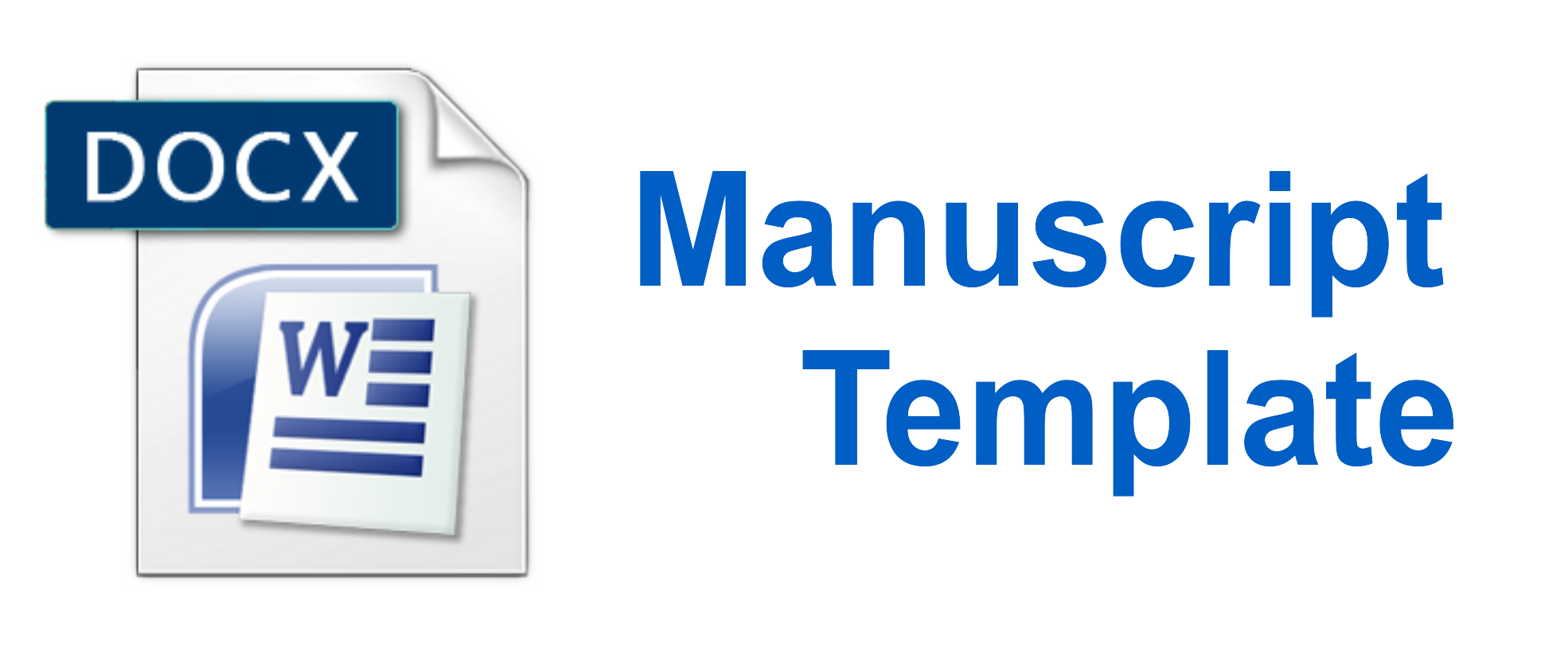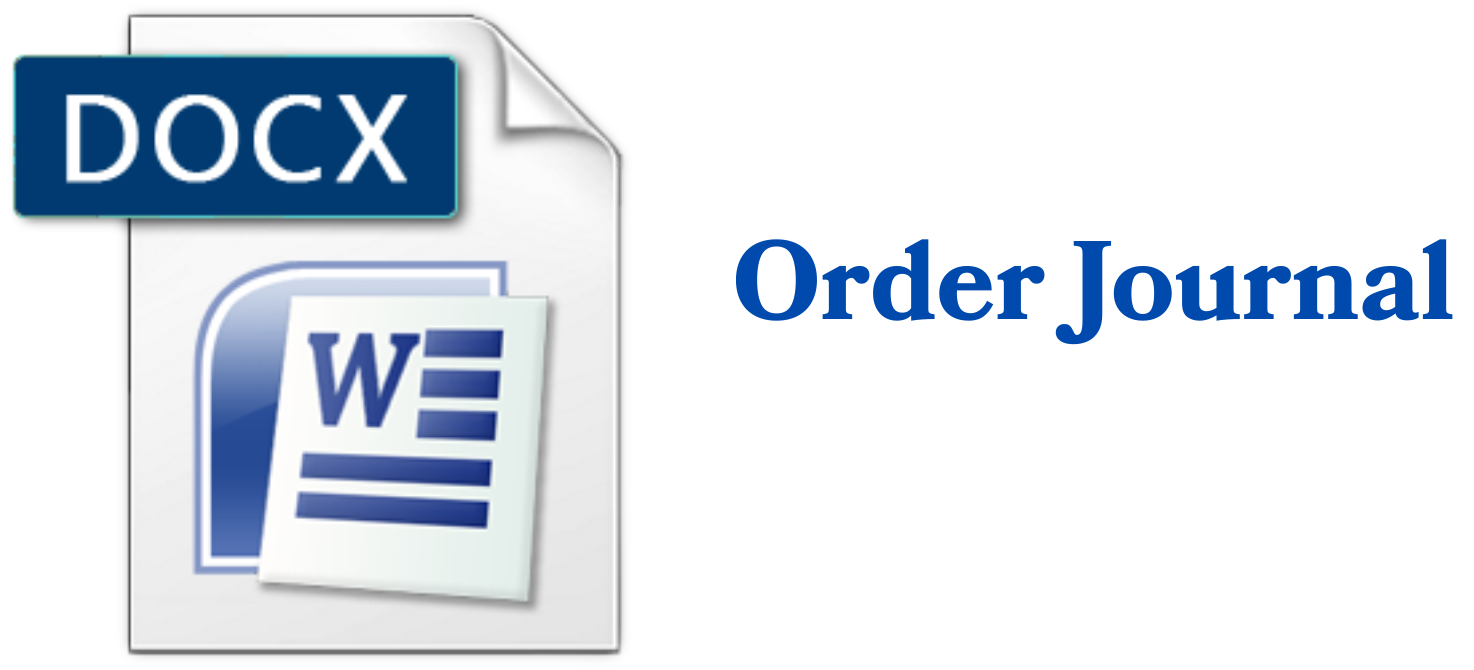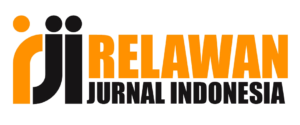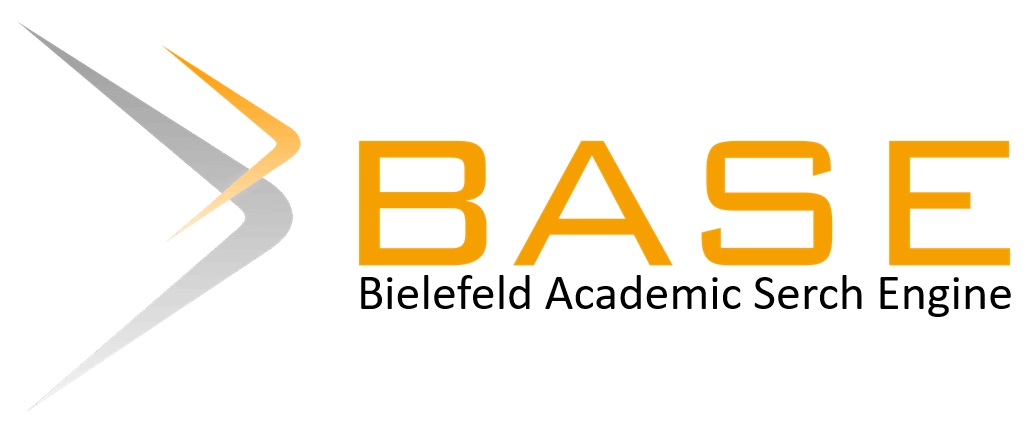RESOLUTION OF ISLAMIC EDUCATION CLUSTER TEACHERS ON THE CHALLENGES OF ISLAMIC EDUCATION IN GLOBALIZATION ERA
DOI:
https://doi.org/10.35316/edupedia.v9i1.5046Keywords:
Challenges in Islamic Education, Teacher Resolutions, Globalization, StudentAbstract
This research aims to identify the challenges faced by Islamic education cluster teachers in teaching Islamic education in the era of globalization, the factors causing constraints or challenges in Islamic education in this era, and aims to understand how Islamic education cluster teachers overcome challenges in Islamic education in the era of globalization. The research method used in this study is field research or case studies, utilizing observation, interviews, and documentation techniques for data collection. Data validity is tested through credibility, transferability, dependability, and confirmability. Data analysis is conducted through data collection, reduction, presentation, and conclusion drawing. The results show that the changing times have an impact on education, including teaching Islamic education especially at MA Negeri 5 Cirebon. Therefore, resolutions from teachers, especially Islamic education cluster teachers, are crucial in addressing these issues. It can be concluded that the resolutions of Islamic education cluster teachers on the challenges of Islamic education in the era of globalization at MA Negeri 5 Cirebon, Cirebon Regency, have been well implemented and have received positive responses from students. As for the novelty in this research, there is a resolution from Islamic education cluster teachers on the challenges of globalization era. Thus, this finding indicates that with the resolution of Islamic education cluster teachers, it is a planning step or a change action in carrying out the education process, especially Islamic education, so that it can proceed effectively.
References
Anggito, Albi dan Johan Setiawan. (2018). Metodologi Penelitian Kualitatif. Sukabumi: Jejak.
Astuti, M., Herlina, H., Ibrahim, I., Juliansyah, J., Febriani, R., & Oktarina, N. (2023). Pentingnya Pendidikan Islam Dalam Membentuk Karakter Generasi Muda. Faidatuna, 4(3), 140-149. https://doi.org/10.53958/ft.v4i3.302
Departemen Agama RI. (2012). Al-Qur’an dan Terjemahnya. Bandung: Cipta Media.
Dulay, Haidar Putra. (2004). Pendidikan Islam dalam Sistem Pendidikan Nasional. (Cet. 1). Jakarta: Kencana.
Erya Fahra Salsabila, Guruh Sukma Hanggara, & Restu Dwi Ariyanto. (2022). Pengaruh Media Sosial Tiktok Terhadap Perilaku Sopan Santun Siswa SMK PGRI 2 Kediri. Prosiding Konseling Kearifan Nusantara (KKN), 1(1), 32–41. Retrieved from https://proceeding.unpkediri.ac.id/index.php/kkn/article/view/1388
Hajri, Muhammad Fatkhul, (2023). Pendidikan Islam di Era Digital: Tantangan dan Peluang pada Abad 21. AL - MIKRAJ: Jurnal Studi Islam dan Humaniora, 4(1), 33-41. https://doi.org/10.37680/almikraj.v4i1.3006
Hakim, A. R. (2023). Konsep Landasan Dasar Pendidikan Karakter di Indonesia. Journal on Education, 6(1). 2361–2373. https://doi.org/10.31004/joe.v6i1.3258
Harsanto, Budi. (2014). Inovasi Pembelajaran Di Era Digital. Bandung: Unpad Press.
Hastia, Bunyamin, A., Akil, M., (2023). Peran Guru Pendidikan Agama Dalam Membina Akhlak Siswa Di MAN Gowa. Journal of Gurutta Education, 2(2), 112-129. https://doi.org/10.33096/jge.v2i2.1401
Haudi. (2021). Strategi Pembelajaran. Selayo: Insan Cendikia Mandiri.
Khaidir, Eniwati, Fitriah M. Suud, (2020). Islamic Education In Developing Students' Characters At As-Shofa Islamic High School, Pekanbaru Riau, International Journal of Islamic Educational Psychology. 1,(1).
Manan, Abdul. (2023). Pendidikan Islam Dan Perkembangan Teknologi: Menggagas Harmoni Dalam Era Digital. SCHOLASTICA: Jurnal Pendidikan dan Kebudayaan, 5(1), 56-73
Mastuhu. (1999). Memberdayakan Sistem Pendidikan Islam. (Cet. 2). Jakarta: Logos Wacana Ilmu.
Meilinda, N. (2018). Social media on campus: studi peran media sosial sebagai media penyebaran informasi akademik pada mahasiswa di program studi ilmu komunikasi, FISIP UNSRI. The Journal of Society and Media, 2(1), 53–64
Muchith. M. Saekan. (2016). Guru PAI yang Profesional. Quality: Journal of empirical research in islamic education, 4. (2). 232. http://dx.doi.org/10.21043/quality.v4i2.2121.
Muhaimin. (2003). Paradigma Pendidikan Islam: Upaya Mengefektifkan Pendidikan Agama Islam. Bandung: Remaja Rosdakarya
Nata, A. (2018). Pendidikan Islam Di Era Milenial. Conciencia, 18 (1), 10–28
Ramayulis. (2005). Metodologi Pendidikan Agama Islam. Jakarta: Kalam Mulia
Riana, Cepy. (2012). Media Pembelajaran. Jakarta: Direktorat Jendral Pendidikan Islam Kementerian Agama Islam.
Rukin. (2019). Metodologi Penelitian Kualitatif. Takalar: Yayasan Ahmar Cendekia Indonesia.
Salsabila, U., Hanifan, M., Mahmuda, M., Nur Tajuddin, M., & Pratiwi, A. (2023). Pengaruh Perkembangan Teknologi terhadap Pendidikan Islam. Journal on Education, 5(2), 3268-3275. https://doi.org/10.31004/joe.v5i2.995
Schunk, Dale. H. (2012). Learning Theories An Education Perspective. Yogyakarta: Pustaka Pelajar.
Slameto, (2003). Belajar Dan Faktor-Faktor yang Mempengaruhinya. Jakarta: Rineka Cipta.
Sugiono. (2016). Metode Penelitian Pendekatan Kuantitatif, Kualitatif, R & D. Bandung: Alfabeta.
Syam, Suhendi Syam, et al. (2022). Belajar dan Pembelajaran. Medan: Yayasan Kita Menulis.
Syamsuar dan Reflianto. (2019). Pendidikan dan tantangan pembelajaran berbasis teknologi informasi di era revolusi industry 4.0, E-Tech: Jurnal Ilmiah Teknologi Pendidikan, 6. (2), 4. https://doi.org/10.24036/et.v2i2.101343.
Tilaar, H.A.R.(1998). Beberapa Agenda Reformasi Pendidikan Nasional dalam Perspektif Abad 21. Magelang: Tera Indonesia.
Wahid, Marzuki. (2011). Pesantren Masa Depan: Wacana Pemberdayaan dan Transformasi. Bandung: Pustaka Hidayah
Downloads
Published
How to Cite
Issue
Section
License
Edupedia: Jurnal Studi Pendidikan dan Pedagogi Islam adopts the Creative Commons Attribution–ShareAlike 4.0 International License, which allows users to reproduce, modify, and distribute published articles in any medium for lawful purposes, provided that appropriate attribution is given to the original author(s) and the journal, the license is properly cited, any changes are clearly indicated, and derivative works are distributed under identical licensing terms.
Upon publication in Jurnal Kesehatan Vokasional, authors confer to third parties the rights to use their articles in compliance with the Creative Commons Attribution–ShareAlike 4.0 International License.
Copyright on articles is retained by the respective author(s), without restrictions. A non-exclusive license is granted to Edupedia: Jurnal Studi Pendidikan dan Pedagogi Islam to publish the article and identify itself as its original publisher, along with the commercial right to include the article in a hardcopy issue for sale to libraries and individuals.
![]()



